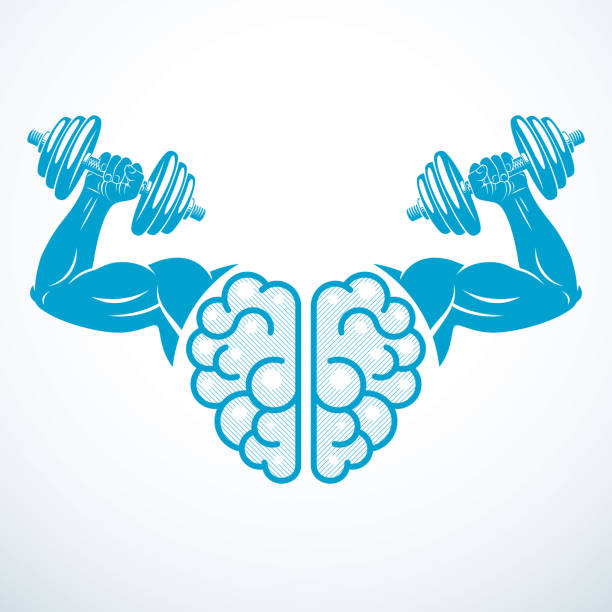Analytical reasoning exercises are excellent for enhancing logical thinking skills, problem-solving abilities, and critical reasoning. Here are some exercises tailored to strengthen analytical reasoning:
1. Syllogisms:
- Practice solving syllogisms, which are logical arguments that involve drawing conclusions from two premises. For example:
- All humans are mortal.
- Socrates is a human.
- Therefore, Socrates is mortal.
2. Logic Puzzles:
- Solve logic puzzles such as Sudoku, nonograms, or grid-based puzzles that require deductive reasoning and systematic elimination of possibilities.
3. Critical Reading:
- Analyze newspaper articles, editorials, or academic papers to identify logical fallacies, evaluate arguments, and discern underlying assumptions.
4. Sequences and Patterns:
- Identify and analyze numerical, alphabetical, or geometric sequences and patterns to predict the next element in the series.
5. Analogies:
- Solve analogy problems by identifying relationships between pairs of words and selecting the most appropriate word pair to complete the analogy. For example:
- Book is to reading as fork is to ________ (eating).
6. Venn Diagrams:
- Use Venn diagrams to visually represent relationships between sets and solve problems involving categorization, inclusion, and exclusion.
7. Logical Deductions:
- Practice logical deductions by using information provided in statements, rules, or scenarios to draw valid conclusions. For example:
- If A implies B, and B implies C, then A implies C.
8. Analytical Games:
- Play strategy games such as chess, bridge, or poker that require logical thinking, planning, and decision-making under uncertainty.
9. Coding Challenges:
- Solve coding challenges or algorithmic problems on platforms like LeetCode, CodeSignal, or HackerRank that require analytical reasoning and problem-solving skills.
10. Brain Teasers:
- Solve brain teasers, riddles, or lateral thinking puzzles that challenge your ability to think creatively and approach problems from unconventional angles.
11. Decision Trees:
- Construct decision trees to map out possible outcomes, evaluate alternatives, and make informed decisions based on logical analysis of probabilities and consequences.
12. Argument Mapping:
- Practice argument mapping techniques to diagram and analyze the structure of arguments, premises, and conclusions in complex texts or debates.
13. Logical Inference:
- Make logical inferences by drawing logical conclusions based on given premises, rules, or evidence, and evaluate the validity of the inference.
14. Deductive Reasoning Exercises:
- Engage in deductive reasoning exercises that involve identifying valid deductive arguments, detecting logical errors, and evaluating the soundness of arguments.
15. Real-Life Problem Solving:
- Apply analytical reasoning skills to real-life scenarios, business cases, or ethical dilemmas by breaking down complex problems, analyzing relevant information, and proposing well-reasoned solutions.
By regularly practicing these analytical reasoning exercises, individuals can sharpen their logical thinking skills, enhance problem-solving abilities, and cultivate a deeper understanding of the principles of deductive and inductive reasoning.
